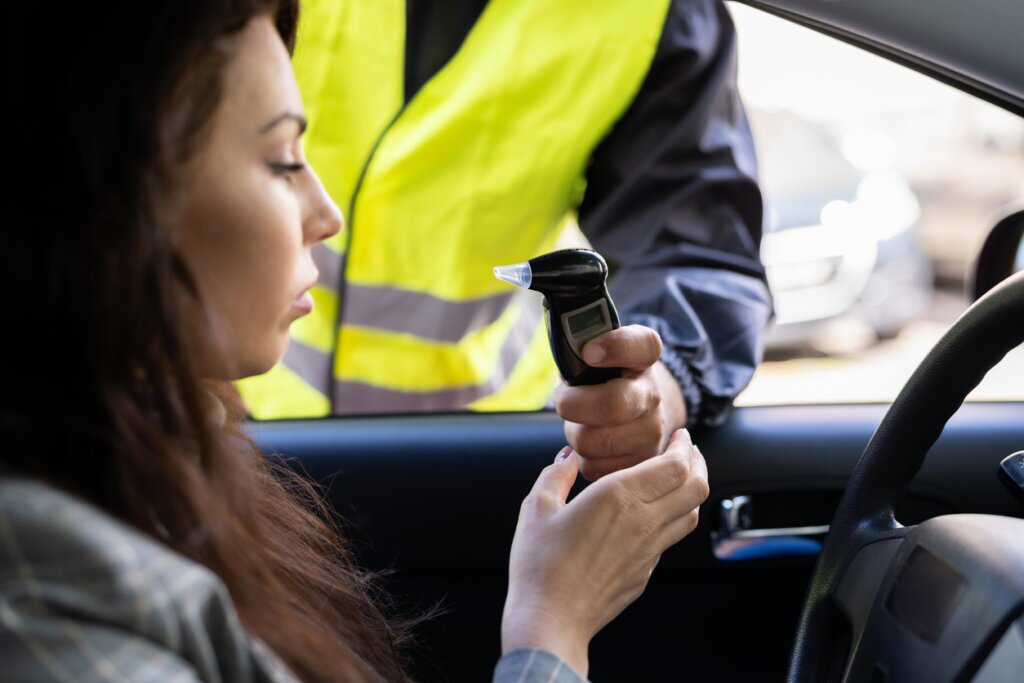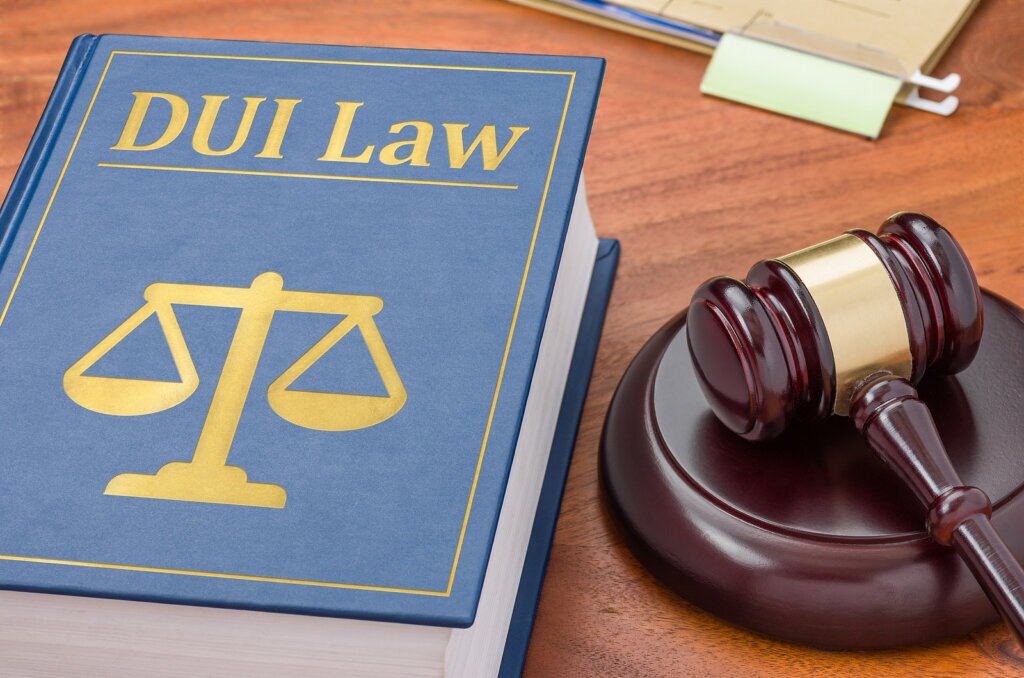Is DUI a Criminal Offense?
Whether you are a permanent resident or a one-time visitor to Las Vegas, what happens in Vegas can follow you around for the rest of your life if it involves a conviction for driving under the influence (DUI). You undoubtedly know that you should not drink and drive, but you may still be wondering if DUI is a criminal offense in Las Vegas.

Is DUI a Criminal Offense in Las Vegas?
Violations committed while you are operating a motor vehicle are often filed as civil infractions, meaning you cannot be sentenced to jail time if convicted of the violation. Although driving under the influence (DUI) is an offense committed while operating a motor vehicle, it is a criminal offense which can include jail time if you are convicted.
Typically, a first-time DUI is charged as a misdemeanor criminal offense; however, you can still be sentenced to a period of incarceration of up to six months in jail, fined up to $1,000, and lose your driving privileges for six months. Second and subsequent DUI convictions can lead to an increased sentence of up to six years in prison, a fine of up to $5,000, and a much longer license suspension.
In addition, you may be required to attend a Victim Impact Panel, pay for drug and alcohol evaluations and rehabilitation, perform community service, and even pay to have an ignition interlock device installed in your vehicle. Indirect consequences of a DUI criminal conviction can include disciplinary action if you hold a professional license, increased insurance premiums, and the loss of employment opportunities.
Nevada DUI Laws
The criminal offense of driving under the influence (DUI) is governed by Nevada Revised Statute §484C.110 which makes it illegal to operate a motor vehicle:
• While impaired by drugs or alcohol.
• With a blood alcohol content (BAC) of 0.08% or higher.
• While under the influence of a controlled substance.
Most people are familiar with the “legal limit,” referring to your BAC level as evidenced by the results of a chemical breath test. It is crucial to understand, however, that you can be charged and convicted of DUI without having a BAC level of 0.08 percent or higher. For example, you can be charged with driving “while impaired by” legally prescribed drugs, marijuana, or even over-the-counter medications.
A third DUI within seven years will also be charged as a felony in Nevada, while a first or second DUI within a seven-year period is usually charged as a misdemeanor in Nevada, but it can be a felony if:
• You have a previous felony DUI conviction. (Class B Felony)
• You caused substantial bodily harm or death to another person while driving under the influence. (Class B Felony)
• If you have at least three prior DUI convictions, and you caused a death, you can be charged with DUI as a felony. (Class A Felony)
What Happens If I Am Arrested for DUI in Las Vegas?
During a traffic stop, if a law enforcement officer believes that there is probable cause to arrest you for driving under the influence, you will be arrested. At that point, you will be taken to jail and “booked” which entails being photographed, fingerprinted, and questioned for the purpose of setting bail. You will also probably be required to perform a chemical breath test to check your BAC level.
After you have been officially arrested, the arresting officer submits a probable cause affidavit to the prosecuting attorney’s office for review. The prosecutor’s office will look over the information and decide whether to file charges against you, and if so, what those charges will be. At your initial hearing in court, you will be notified of what charges have been filed against you.
What Happens If I Am Convicted of DUI in Las Vegas?
It is important to understand that an arrest for DUI is not the same as a conviction. Likewise, being charged with DUI does not necessarily mean you will be convicted. To be convicted, you must agree to plead guilty pursuant to the terms of a guilty plea agreement with the State of Nevada or you must be convicted at a trial by a judge or jury. If you are convicted, you will be sentenced pursuant to the terms of a guilty plea agreement or by the judge.
What Should I Do If I Am Charged with DUI in Las Vegas?
If you have been charged with DUI in Las Vegas, consult with the experienced Las Vegas DUI defense attorneys at The Vegas Lawyers as soon as possible to discuss your next steps. Call us at 702-707-7000 or contact us online.










